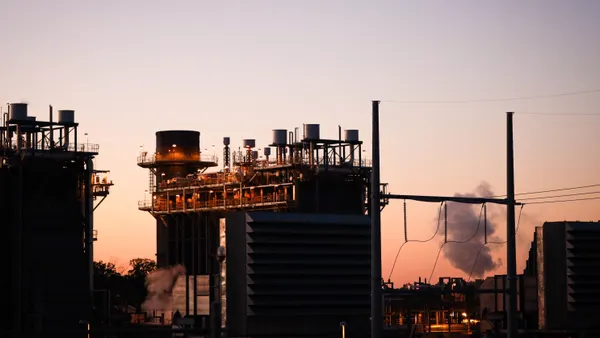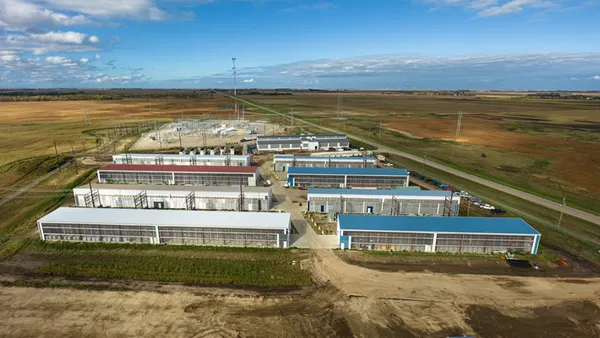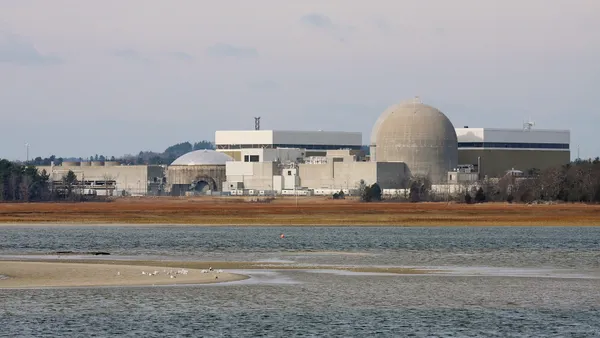Dive Brief:
- The utility committee of New Orleans City Council yesterday voted 4-1 to advance a gas-fired peaking plant that Entergy says is necessary to avoid cascading blackouts in the city, particularly in the event of storms.
- Opponents have wielded an array of arguments to oppose the plant, including proposing the use of solar and demand-side management. In particular, they contend the $210 million plant is more expensive than making improvements to the transmission and distribution system.
- The 128 MW reciprocating engine plant endorsed by the committee is smaller than Entergy's initial proposal for a combined cycle 226 MW project. The utility prefers to build the larger plant, but says the smaller facility can still help keep power running in the event of a storm. According to the Times-Picayune, a full city council vote could come as early as March 8.
Dive Insight:
The utility committee's vote signals where New Orleans City Council plans to go with a final approval: the council has seven members and only four votes are needed to win a majority. Of those seven, five members made up the committee that moved the proposal to a full vote.
The Times-Picayune reports City Councilwoman Susan Guidry was the only one on the committee against Entergy's proposal, and expressed concerns that more renewables were not being proposed.
"To add a polluting plant instead of just charging forward with all speed on renewables and demand-side management, I just can't go there," she said.
Enetrgy contends that it is still investing in emissions-free energy, but a gas-fired plant within the city limits would help restore power in the event of a storm. The same for transmission investments, which would be threatened in the event of a hurricane.
Entergy is working to develop 100 MW of renewable resources, evidenced last year when they selected three proposals that were submitted to a request for proposals and total 45 MW.The new generation would replace older units that were deactivated in 2016 due to rising maintenance costs.













